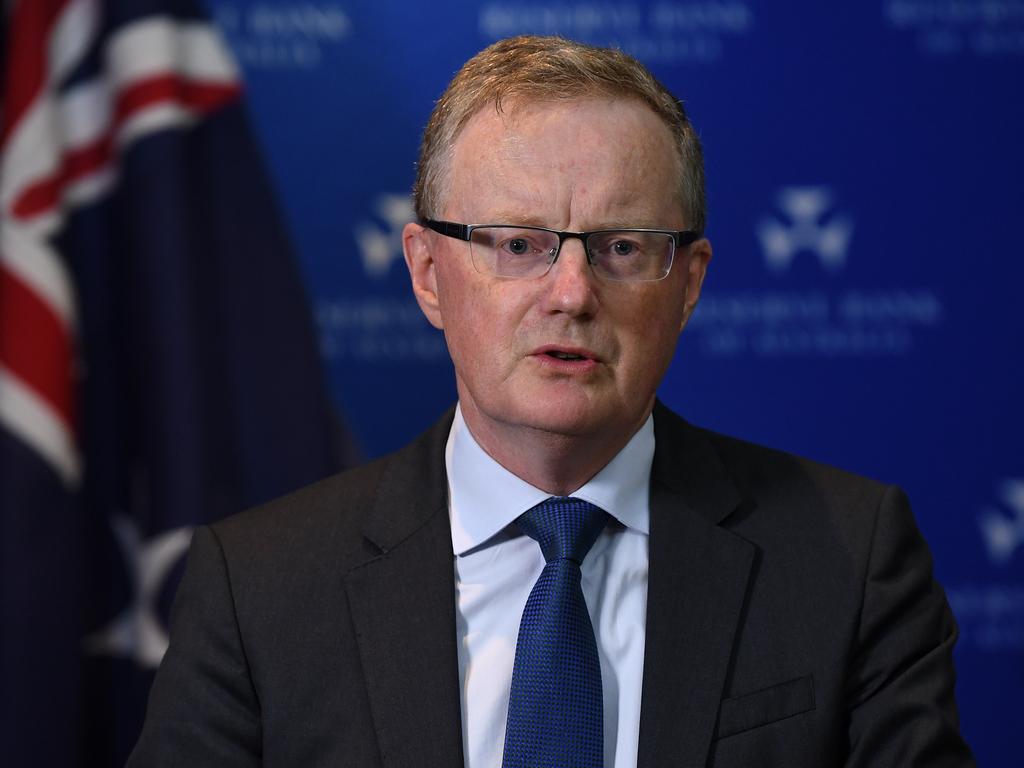A technical recession happens when Australia suffers two consecutive negative economic quarters. In other words, a six-month continuous contraction in the economy. The second quarter this year was the COVID shock, which saw a seven per cent collapse in GDP. But the first quarter this year only saw a 0.3 per cent fall in GDP. That is a close call. Had the economy been just a little stronger Australia wouldn’t have fallen into recession.
The only reason the government didn’t pump prime the economy as the first quarter growth numbers sagged, largely off the back of the bushfires, was because it didn’t want to jeopardise its precious surplus. A surplus it had promised at the election and already taken credit for delivering. Back in black mugs and all.
In other words, Australia fell into recession because the Coalition let it happen. There is no other way to put it. If it had wanted to, it could have avoided what happened. It just didn’t expect a second quarter of negative growth because COVID was unexpected.
Before it realised COVID would smash GDP in the second quarter it was quietly happy to let the first quarter sag. In a bid to save the surplus by holding back on spending. Assuming that with the bushfires out of the way growth would return, albeit it anaemic levels, in the second quarter this year.
They were wrong.
The government won’t like hearing that, but its true. It could have rushed money out the door to help bushfire victims and to stimulate growth, but it didn’t. Doing so is expensive and would have blown the budget. When it had to deliver the promised surplus, not doing that mattered.
Once COVID struck, breaking the surplus pledge became acceptable. It was at that point the Coalition allowed itself to hand down a budget deficit of over $200b (a new record) and it accumulated debt in excess of one trillion dollars (also a new record).
Oh, and the next 10 years show nothing but deficits as far as the eye can see.
Just imagine if the Coalition had done the right thing and spent up big, and fast, to help bushfire victims in that first quarter. And doing so avoided a negative GDP quarter. Australia would have avoided a recession. The Treasurer could have crowed like never before. That opportunity was missed, in the name of a meaningless surplus. Because politics came first.
Peter van Onselen is a professor of politics and public policy at the University of Western Australia and Griffith University.







Hindsight is always easy, but the release of today’s GDP numbers revealing a 3.3 per cent surge in economic growth highlights that not only is Australia out of recession, technically, but we never needed to go into recession in the first place.